|
The 2018 EROPA Conference culminated in a Closing Ceremony held at Sofitel Nusa Dua Bali, Indonesia on 19 September 2018. The ceremony comes after six parallel sessions held over two days tackled various issues involving people, public services, institutions, and ethics in public administration.
In his synthesis of the conference, Dr. Muhammad Taufiq, Rapporteur General of the EROPA Conference, affirmed the common view of scholars and practitioners of public administration in the Asia Pacific region that public sector management, as well as the embedding of adaptive and innovative mindsets in civil servants, remains a challenge amid the existence of multiple, complex realities—megatrends. He stressed the importance of collective action to support government efforts to address problems associated with these megatrends. In this regard, the government needs to create an enabling environment conducive for stakeholder participation and articulation of policies. This includes creating a brand of public service ethics that aims to narrow the gap between the rich and the poor. Dr. Taufiq emphasized that leadership and capacity need to be strengthened in public sector institutions for adaptation and innovation to bear fruit. Meanwhile, state member representatives of the EROPA delivered their congratulatory speeches. Assistant Commissioner David E. Cabanag, Jr. of the Philippine Civil Service Commission acknowledged that, through the papers and presentations of the academics and practitioners in the region, the narrative of public administration and governance has further elevated collaboration among governments. These partnerships, he added, would be useful in transforming institutions into ones that possess strong public accountability. Dr. Vu Thanh Zuan of the National Academy of Public Administration, Vietnam, remarked that, in the process of administration and development, nations are facing an emerging challenge, that is, how to eliminate old habits and practices to carry out reforms in the context of global megatrends. He thus viewed the conference as a timely opportunity to discuss new approaches that would help public organizations become more adaptive and reflexive. Dr. Achakorn Wongpreedee, Associate Professor of the National Institute of Development Administration, Thailand, expressed his appreciation for the conference organizers and participants for making the conference a success. He considered the attendance of the participants and guests as a manifestation of commitment to address global megatrends through public administration approaches. He said that the outcomes of the conference will definitely play a critical role in developing public sector reforms in state governments. Lastly, Mr. Youk Bunna, who represented Minister Pech Bunthin of the Ministry of Civil Service, Cambodia, explained that the nature and scope of this year’s conference mainly reflects to the degree of responsibility individuals have in contributing to the reform agenda and coping with megatrends. He hopes that the development strategy in Asia Pacific countries would focus on growth, employment, efficiency, and equity. Dr. Maria Fe Villamejor-Mendoza, Professor and Dean at the National College of Public Administration and Governance, University of the Philippines (UP-NCPAG), presented plans of the college to organize the 27th EROPA General Assembly and Conference, with the theme, “The Future of Public Administration: Rethinking Resilience, Equity, and Sustainability in the Region and Beyond.” The conference is tentatively scheduled from 16-20 September 2019. In her closing remarks, Ms. Sri Hadiati of the National Institute of Public Administration, Indonesia, expressed her gratitude and appreciation to the participants and guests of the conference. Meanwhile, Mr. Arun Sharma, one of the conference participants, admitted that the learning curve for him during the conference is steep, but that it was enjoyable. He considered the breakout sessions as “breakthrough” sessions, having learned new insights from various parallel presentations in the conference. He also shared that he had an opportunity to meet delegates from different parts of the world. Finally, in closing the conference, Dr. Adi Suryanto, Chair of the NIPA, urged the need for collective response to megatrends, and hoped that the experiences of the participants from the conference will apply to their respective countries in coping with the megatrends.
4 Comments
Chaired by Ms. Jocelyn C. Cuaresma of the National College of Public Administration and Governance, University of the Philippines (UP-NCPAG), this session focused on people in Public Administration. The presenters for this session were: Ms. Linda Wati, Ms. Zita Conception Pascual Calugay and Mr. Jeff Marlon Cheng Zamoranos.
In Civil Servant Redistribution in Samarinda City: A Descriptive Study of Human Resources on Health Distribution Gap, Ms. Wati's study highlighted problems in human resources in the health sector. Her review of literature on human resources supported the assumption that human resource management, staffing, planning and placement affect civil servant redistribution. The prevailing policy framework in Indonesia is that health workers, in particular, need to be equipped with academic and professional competencies and be given authority to carry out service delivery functions. Ms. Wati adopted a descriptive qualitative approach to inquire on the impacts of civil service redistribution in her home city, Samarinda, in Indonesia - and she gathered date through focus group discussions (FGDs) and desk review of official documents from the city health department. Among the results garnered, findings of her study revealed shortage of personnel in health services, particularly among general practitioner (GP) doctors and dentists. Shortage was not only found in functional positions, occupied by health workers, but also among non-health workers. In the end, Ms. Wati recommended that a national strategy and regulation for civil servant redistribution be developed for local governments in Indonesia to follow. Meanwhile, Ms. Calugay presented on Profiles and Motivations for the Presence of the Invisible Public Sector Workforce: Philippine Local Government Context. In her presentation, Ms. Calugay narrated the rationale behind contracting out and outsourcing employment in the Philippine local government, and how contractual workers are treated in public offices. She related that contingent workers make up a fifth of the Philippine local government workforce. They serve as reliever personnel during peak seasons, emergencies, and absence of expertise in the government offices. Gleaning from secondary reports, review of policy documents and a survey of two cases - one at the national government agency and one at a local government agency, she concluded that if rationalization of bureaucracy is done comprehensively, effectively and appropriately, it may help alleviate dependence of government on contingent work. Lastly, in Sustainability of the Seal of Good Local Governance Award in the Provincial Governments in Region 1, Mr. Zamoranos' study aimed to explore ways by which provincial governments in the Philippines' Ilocos Region may sustain their attainment of the seal of good local governance (SGLG) targets. Mr. Zamoranos shared that the SGLG was created in 2013 by the Department of the Interior and Local Government (DILG) to incentivize reform and innovation in the following areas of local governance: financial administration, disaster preparedness, social protection, peace and order, business friendliness and competitiveness, environmental management, tourism, culture and the arts, among others. His discussion led to the recommendation that the SGLG indicators be adjusted or recalibrated according to the needs of the times. Another thing that his study stressed was the importance of harmonizing local and national policies by encouraging multisectoral participation in the local planning process. Chaired by Mr. Koichiro Agata, this session dealt with institutions in Public Administration. The presenters for this session are: Mr. Azwar Abubakar and Mr. Muhammad Yusuf Ateh.
In the paper Relationship of Policy Actors in Collaborative Governance Model for Combating Corruption in Indonesia, Mr. Abubakar mentioned the that the failure of corruption eradication efforts may be attributed to a number of factors - including the absence of inter-institutional collaboration among concerned offices. He stressed that the very law enforcement agencies mandated to deal with corruption are often involved in conflicts when handling corruption cases. Thus, the study aimed to analyze the patterns of relations in corruption prosecution in Indonesia and the impact of the said relations. Furthermore, the study also aimed to look into collaborative governance as a model for corruption prosecution. The research was conducted by means of a qualitative approach, with data collection methods in the form of in-depth interviews, focus group discussions, and review of existing statistics. Results show that the relationship among corruption prosecution agencies in Indonesia is particularly affected by factors such as stakeholder integrity, leadership style, and political conditions. Meanwhile, in The Impact of Performance Management on Government Effectiveness and Efficiency: Indonesian Case, Mr. Ateh shared that their study focused on the impact of performance management implementation on the effectiveness and efficiency of the government budget use, especially in the local government. Currently, there is a growing demand for a results-oriented government not only in developed countries, but in developing countries as well. In Indonesia, there exists a Government Institution’s Performance Accountability System, also known as SAKIP, which was established to create professional, results-oriented and accountable government institutions through the application of performance management principles, performance-based budgets, and performance measures. The study utilized a qualitative approach in looking into the effect of SAKIP implementation in the efficiency and effectiveness of budget utilization. In conclusion, Mr. Ateh shared that as a system that integrates planning, budgeting and performance management, SAKIP had a positive impact on improving the effectiveness and efficiency of budget management. In detail, SAKIP helped improve work procedures, organizational structure, performance achievement, and performance accountability capabilities. Chaired by Dr. Maria Fe V. Mendoza, this session dealt with people in Public Administration. The presenters for this session discussed the following:
Chaired by Professor Carl Marc Lazaro Ramota, this session focused on ethics. The presenters for this session are the following: Mr. I Made Bram Sarjana, Ms. Audrey Legodi and Mr. Puguh Prasetya Utomo.
In the presentation entitled Questioning Decentralization System iun Managing Public Sector Integrity in Indonesia, Mr. Sarjana provided a critique of public sector ethics under a decentralized government set-up. He discussed how trust is an important element in ensuring public sector integrity - since it is a precursor of participation and development. Unfortunately, in his review of literature of decentralization - Mr. Sarjana revealed that decentralization was used as political tool to serve certain interests and for different motives (e.g., serving interests of colonial authority, consolidation of government powers, shortening of chain of command). He provided a brief narrative on the case of Indonesia's decentralization. In the end, he did not offer a definitive solution in his paper, but left the problem-solving aspect for the policymakers and political officials to consider. In Contributing Factors for an Optimized Advisory Role by South African Municipal Audit Committees (AC) - An Exploratory Approach, Ms. Legodi's preliminary study looked into the performance of ACs and the various factors that affect their effectiveness to hold government officials to account for the exercise of authority adn use resources. Ms. Legodi argued that municipalities are supposed to provide quality services and promote socioeconomic development, and yet, this is not the case with most municipalities in South Africa. Ms. Legodi’s study is largely exploratory, with Ronald Coase’s theory of the firm as an overarching framework for analysis. In her preliminary findings, Ms. Legodi found that there are actually several factors on top of compliance to audit recommendations that affect municipal audit committees. She related that she will be conducting an empirical study to verify and support her initial findings. Lastly, Mr. Utomo presented Heterogeneity of Resistance Strategies: The Absence of Discretion and the Role of Organizational Attribute Combinations. His presentation mainly dealt with the institutional response of selected local schools in Indonesia to conflicting demands and policies that govern student admissions. Gleaning from contemporary institutional theories, Mr. Utomo’s study considered the backdrop of institutional complexity, characterized by contradicting and overlapping institutional demands and policies. He argued that organizations respond to complexity in various ways, i.e., compromise, avoidance, deviance, and manipulation, among others. Among the many findings, the study revealed that schools indeed showed different levels of resistance. Based on this, Mr. Utomo underscored the importance of structuring organizational development and change management approaches to eliminate or at least reduce resistance. He also emphasized that the focus of these strategies need to be organizational identity. Chaired by Ms. Ambar Widaningrum, this session focused on public service delivery. The presenters for this session were Dr. Yumi Hinohara, Mr. Izzul Reza and Mr. Edmar Villar.
For the paper entitled Globalization of the Healthcare Services Sector: Employing Foreing Physicians in National Strategic Special Zones in Japan, Dr. Hinohara stated that her study aimed to examine the significance of the international movement of healthcare service workers and the challenges associated with it. She provided a policy context - citing articles of the Medical Practitioners’ Act, which restrict the practice of medicine only to those who have Japanese medical license. In several countries including United Kingdom and Singapore, the dynamics of cross-national adjustments in medical licenses facilitate an active international movement of physicians. She ended her presentation by concluding that the increase in foreign residents in Japan has given light to the need to restructure and diversify the conventional healthcare system in the country. Meanwhile, Mr. Reza's presentation was on the Integrated Tourism as a Way to Gain More Tourists in Indonesia. His research presented that while Indonesia's tourism sector make up a big portion of contribution to the national economy, the tourism sector faces several challenges hindering its potential to benefit the country more. Hence the need to further improve on it. The results of the study indicate that integrated tourism would require the establishment of Destination Management Organization in every province in Indonesia, the provision of Tourism Information Centers, the creation of integrated modes of transportation, and the construction of a set of robust infrastructure. Lasly, in the paper One Town One Product (OTOP) in the Ilocos Region: Partnering Development in the Countryside, Mr. Villar's study focused on the OTOP Program that was launced in the Philippines in 2004 - thereby fostering entrepreneurship and boosting employment. Dr. Villar stated that his study aimed to assess the contribution of the One Town One Product projects as partners in accelerating development among local government units (LGU) in Region I. Chaired by Mr. Makhdum Priyatno, the session focused on people in the field of Public Administration. The presentations for this session were done by the following individuals:
On 18 September - the third day of the annual international conference of EROPA, a plenary session was chaired by Commissioner Prijono Tjiptoherijanto of the Indonesia Civil Service Commission. The topic was "Phronetic Leadership in Responding to Global Megatrends". The speakers were I Gde Pitana, of the Ministry of Tourism of Indonesia, District Head Hasto Wardoyo of Kulon Progo of Indonesia and Dr. Alex B. Brillantes, Jr. of the University of the Philippines.
Chaired by Mr. Agus Pramusinto, this session focused on institutions in Public Administration. The presenters for this session were Ms. Elgiwe Iman Aninayon, Mr. Rustan Amarullah and Mr. Zuliansyah Putra Zulkarnain .
Ms. Aninayon's presentation was on the Effectiveness of the Mindanao Rural Development Program Community Fund for Agricultural Development (MDRP-CFAD) in Increasing Income and Achieving Food Security Among Bukidnon Women. The main subject of her study is MRDP-CFAD, a community program in the Philippines introduced in 2007 for the benefit of women and indigenous communities in Mindanao that aims to increase agricultural production and efficiency, improve and sustain rural income, and strengthen food security. Her study attempted to assess the effectiveness of MRDP-CFAD in attaining these objectives; determine how personal, socioeconomic, psychological, and supportive factors influence effectiveness; and identify problems shared by women farmers in the implementation of the program. Interestingly, the women farmers found the MRDP-CFAD less effective in improving crop productivity, and yet the farmers felt they were food secure and did not experience hunger. Among the key factors that were found to have great influence on the effectiveness of MRDP-CFAD are the relevance of program strategies, competence of implementers, usefulness of program monitoring, and availability of farm inputs. Meanwhile, foremost among the problems faced by the women farmers with regard to MRDP-CFAD implementation is the access to local markets. Additionally - from what she gathered from her research, she also made a few recommendations to improve MRDP-CFAD. On the other hand, Mr. Amarullah's presentation was on Reward for Public: A Public Service Engineering. Mr. Amarullah offered a new perspective in improving public services—rewarding the public or the citizens in exchange for their active contribution and willingness to engage with the bureaucracy, which, according to him, greatly determine the effectiveness and responsiveness of the public sector to citizens’ needs. He also believes that this would make interaction with the government more of a way of life rather than just an option for the citizens, and would, in turn, deepen their participation and make it more meaningful for the citizens. Additionally, Mr. Zulkairnain presented a study conducted by his colleagues. The study is about Protecting Merit System in Indonesia: Blockages and Prospective for Professional Civil Service The research sought to trace the evolution of the Indonesian merit system and determine the obstacles and opportunities that would shape the Indonesian civil service in the future. Through literature review, the researchers assumed that the Indonesian merit system needs to step up in strengthening integrity and professionalism and protecting against political interference and abuse of power. According to them, it is this idea of the bureaucracy that citizens aspire for. The findings revealed many challenges in implementing the Indonesian civil service system, which include, among others, political intervention in the appointment of individuals to high leadership positions, and ghost programs for talent management information systems. Based on the results, Mr. Zulkarnain suggested that measures for ensuring impartiality and, at the same time, equal opportunity, in civil service management systems need to be put in place. Mr. Zulkarnain admitted that the process of changing the bureaucracy is not done overnight; nonetheless, the goal to create a professional civil service system should remain the focus of the said change. Chaired by Mr. Yogi Suwarno, this session tackled public services. The presentors for this session are Dr. Paulito Cruz Nisperos and Ms. Neni Susilwati.
In Dr. Nisperos' presentation on U-Wish, he shared his university's - Don Mariano Marcos Memorial State University–Mid La Union Campus (Philippines) - recently started implementation of the University-Wireless Integrated Services Hub (U-Wish), a project to develop a unified information system in the university aimed at streamlining its services especially to the students. He discussed that, among other goals, the project mainly seeks to address the inefficiencies, inaccessibility and proneness to corruption that have characterized the university’s enrollment system and to put up a services system for the entire student-life cycle. As it is set to be completed in 2020, Dr. Nisperos expressed his concerns that U-WISH’s implementation may be affected by issues and risks mainly related to network availability and reliability and poor system administration. Meanwhile, Ms. Susilwati's study, which was done with Ms. Winendra Dwi Saputra, dealt with Electronic Filing via Directorate General of Taxation Website for Personal Income Tax Report: Implementation, Obstacle, and Optimization Strategy. They recognized that the existing information technology infrastructure in Indonesia and the behavior of individual taxpayers are the major obstacles to the wider take-up of electronic filing (e-filing) of individual income tax returns through the facility introduced by the Directorate General of Taxation (DGT) of Indonesia. Their study found that while there are organizational strategies that may still be implemented by the DGT to increase the individual taxpayers’ adoption of e-filing, the DGT has carried out well the optimization policies for use of the website. Among the strategies she suggests include the setting of clear e-filing targets to motivate the implementers; clarification of the DGT’s mission to emphasize its commitment to give the best service for voluntary tax compliance; and use of emails, SMS and similar means to remind taxpayers to use e-filing. |
2018 EROPA CONFERENCE BULLETINThis page contains news articles from during the conference proper of the 2018 EROPA Conference. ArchivesCategories
All
|
- Home
- About
-
Publications
- Public Administration News
-
ARPA
>
- ARPA Scope and Objectives
- ARPA Editorial Board
- ARPA Call for Papers
- Submit Article
-
ARPA Open Access
>
- India (2020-2023, Vol. 31, Nos. 1&2, pg. 4-22)
- Nepal (2020-2023, Vol. 31, Nos. 1&2, pg. 23-46)
- Vietnam (2020-2023, Vol. 31, Nos. 1&2, pg. 47-67)
- China (2020-2023, Vol. 31, Nos. 1&2, pg. 68-79)
- South Korea (2020-2023, Vol. 31, Nos. 1&2, pg. 80-99)
- Bangladesh (2020-2023, Vol. 31, Nos. 1&2, pg. 100-119)
- USA (2020-2023, Vol. 31, Nos. 1&2, pg. 120-141)
- Abstracts >
- Publication Ethics and Malpractice Statement
- Notes for Contributors
- Journal Indexing
- EROPA Bulletin >
- Resources >
- Membership
-
Conferences
-
Activities
- #TAG Dialogue
- Contact Us
- Home
- About
-
Publications
- Public Administration News
-
ARPA
>
- ARPA Scope and Objectives
- ARPA Editorial Board
- ARPA Call for Papers
- Submit Article
-
ARPA Open Access
>
- India (2020-2023, Vol. 31, Nos. 1&2, pg. 4-22)
- Nepal (2020-2023, Vol. 31, Nos. 1&2, pg. 23-46)
- Vietnam (2020-2023, Vol. 31, Nos. 1&2, pg. 47-67)
- China (2020-2023, Vol. 31, Nos. 1&2, pg. 68-79)
- South Korea (2020-2023, Vol. 31, Nos. 1&2, pg. 80-99)
- Bangladesh (2020-2023, Vol. 31, Nos. 1&2, pg. 100-119)
- USA (2020-2023, Vol. 31, Nos. 1&2, pg. 120-141)
- Abstracts >
- Publication Ethics and Malpractice Statement
- Notes for Contributors
- Journal Indexing
- EROPA Bulletin >
- Resources >
- Membership
-
Conferences
-
Activities
- #TAG Dialogue
- Contact Us

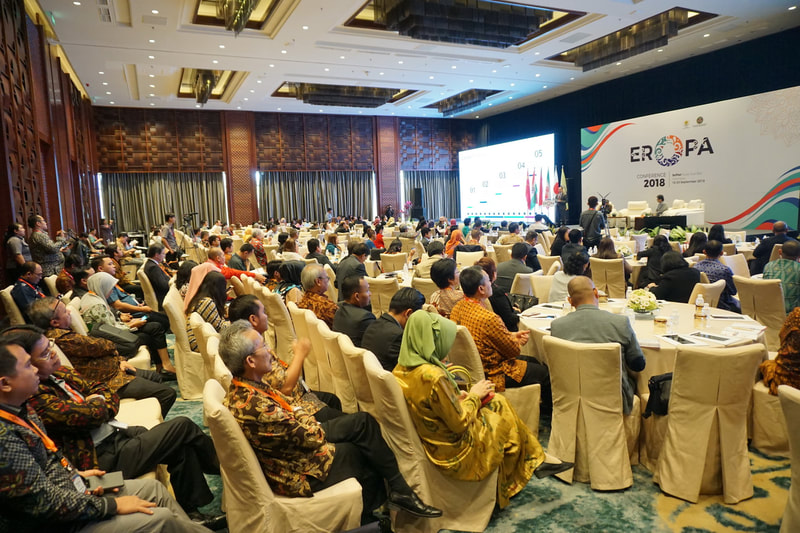
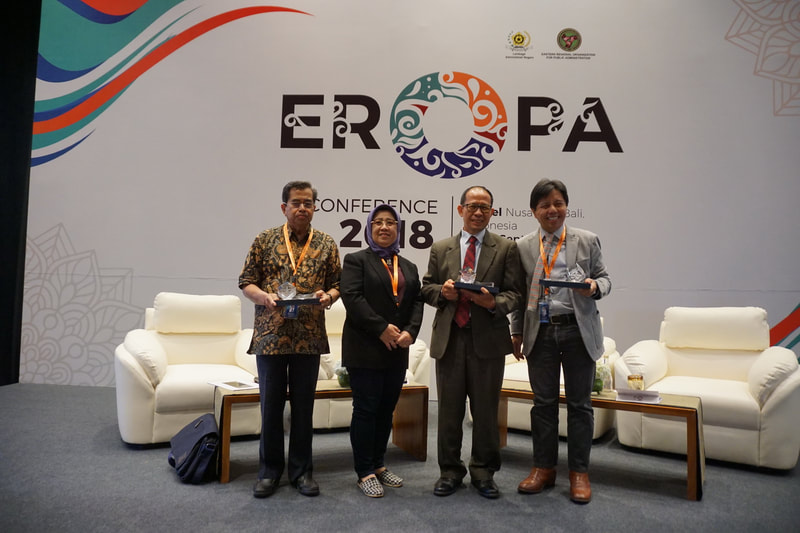
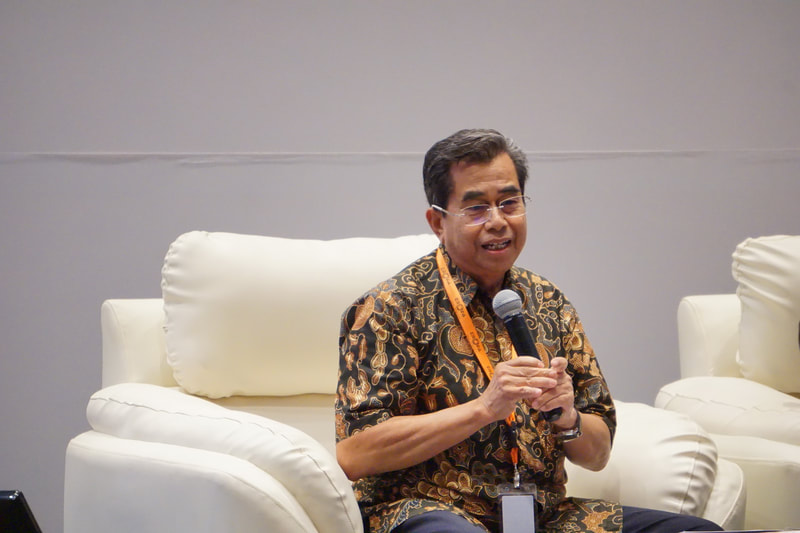
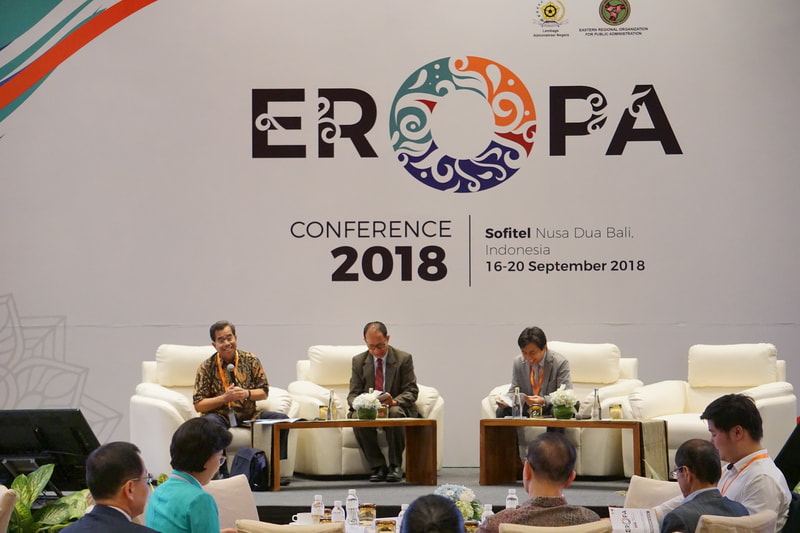
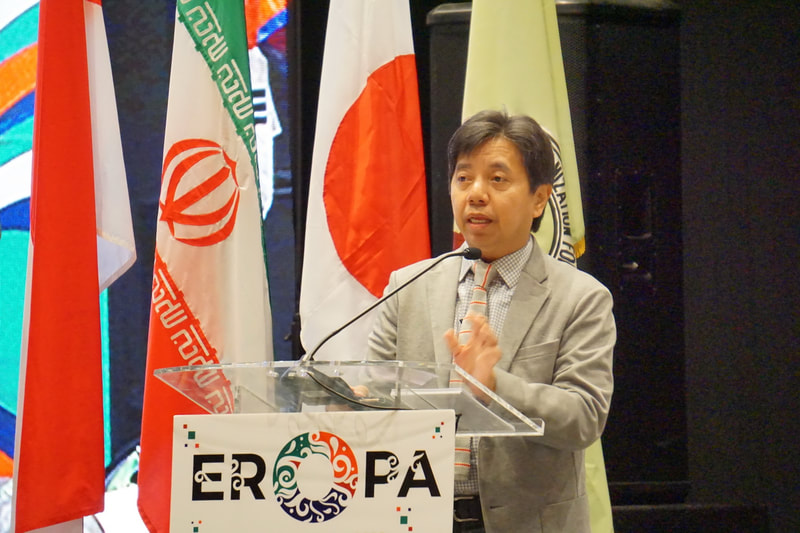
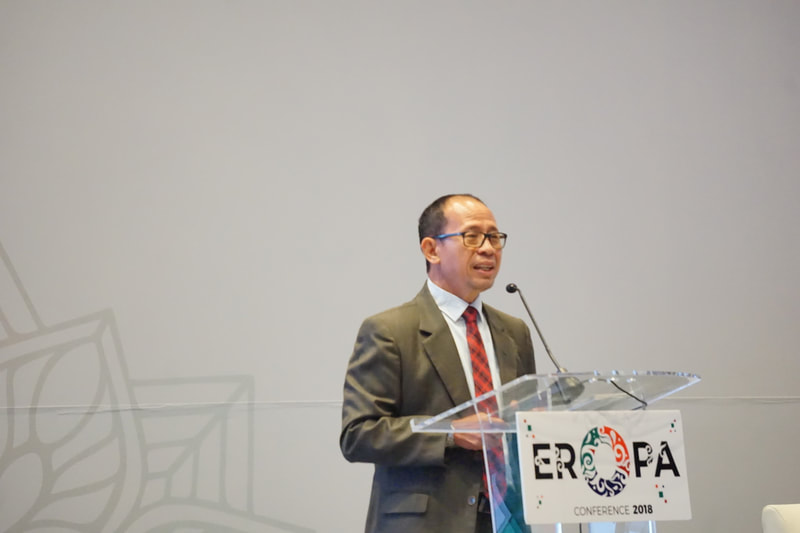
 RSS Feed
RSS Feed